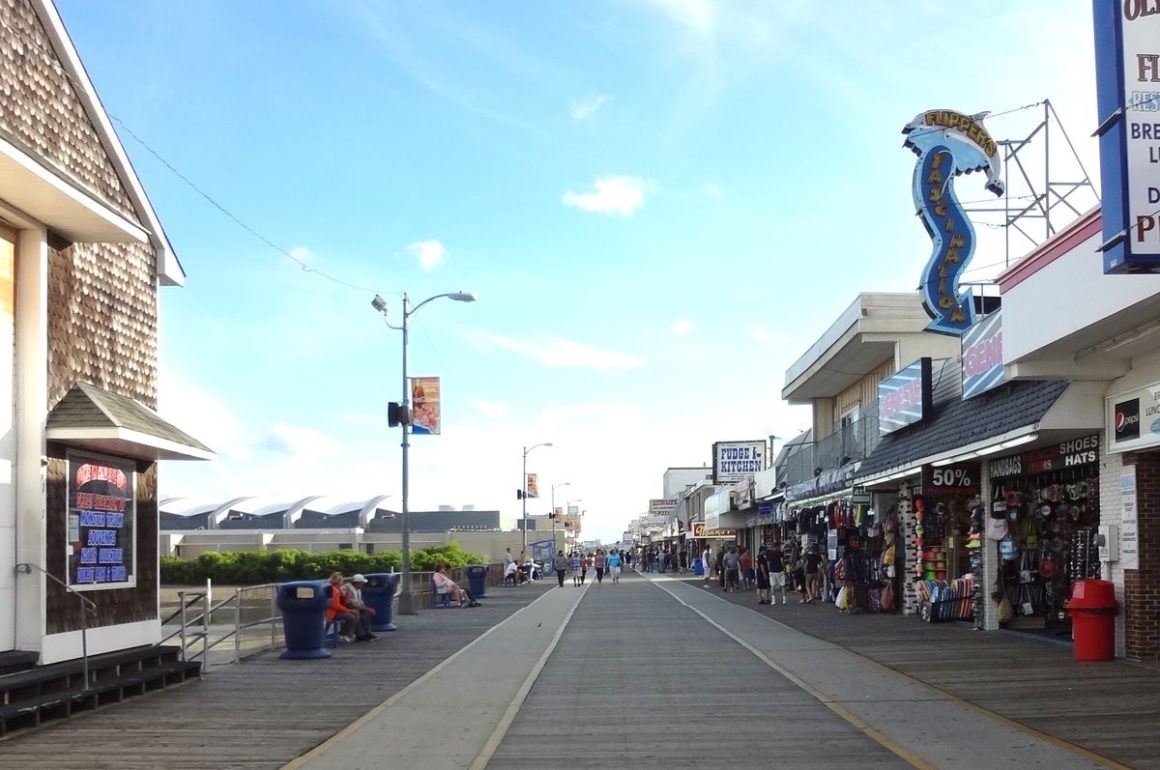
READING TIME: 3 MIN
This week we took Gabriella down the boardwalk again.
Over the years, she’s gone from being pale-faced and intimidated by the noise and crowds to showing a sense of wonder, laughing at the binging and beeping of the carnival games, watching the people as they pass. As always, she enjoys the motion, but I suspect she also harbors memories of past trips. I know I do.
The most vivid for me started in the usual way. The four of us made our way along the concrete path alongside the boards, centered around Gabriella’s wheelchair. She was younger then, seven or eight years old, and it was summer, so near Alexander’s sixth or seventh birthday. She was complaining, as she often did, more uncomfortable perhaps because of the curvature of her spine and the low tone of the muscles that sagged around it. Even without her whinging, we were a spectacle, and those who walked in the other direction got their money’s worth.
Staring people have always bothered Lisa and me. It wasn’t enough that we felt a little unsightly rolling along; when she complained and we had to shush her and plead with her and pull her over out of the main traffic to soothe her, we became more susceptible to looks and whispers.
The small children never bothered us as much as their older siblings and their parents. There is little excuse for an adult staring at a girl in a wheelchair.
Short of making (more of) a scene ourselves, there was little we could do about it. I’ll admit I’ve stared back, even to the point of craning my neck and turning around to glare at someone who’s gone past us. Sometimes they are still looking in our direction, but just as often they’ve moved on and I’m the one left with a sheepish expression.
At times the staring would irritate her brother as well. “Why do they have to stare?” he would demand. How do you answer that?
On this particular evening, we rolled up the boardwalk, trying but failing to ignore the prying eyes. It was warm but not oppressive, busy but not mobbed. I remember Gabriella’s whining and Alexander’s frustration, and we considered turning back. We had stopped in front of one of the many attractions promising prizes for skill.
That was when a small girl with a blonde ponytail approached, holding her mother’s hand. She presented herself before Gabriella’s chair and, with great pride, handed her a stuffed animal. Our daughter reached out an arm but was unable to grasp the plush toy, so Lisa accepted it from the girl. “She won it,” her mother said. “She wanted your daughter to have it.”
From the time she was a baby, many people have given Gabriella gifts, a lot of them strangers, from children to young men to elderly women. She’s received religious medals, a friendship bracelet, dolls and stuffed animals. The memories blur with one another, the different givers and gifts centered on the deep gratitude we always feel. I’ve noticed that the giver often has an awestruck look that makes me wonder whether they’re getting even more from the exchange.
But of all the gifts she’s gotten, that stuffed animal on the boardwalk is the one I most remember. Time froze for an instant, then the child, her bravery expended, turned into her mother’s knees. As they walked off together, I got the sense that people were staring again, but I couldn’t see them as clearly this time because of the tears in my eyes.
As we pushed Gabriella along the boardwalk this week, I recalled again that girl, forever bound to our daughter by her act of courage and generosity. By now she’s a young lady, and whatever path she takes in life, whether as a mom or a teacher or a leader or a citizen, it cheers me to know her influence will fall upon others.








Hi Paul…I love this story and you tell it so well!
Thank you, Jodi! It’s one that returns to me every year when I’m back on the boardwalk. Paul